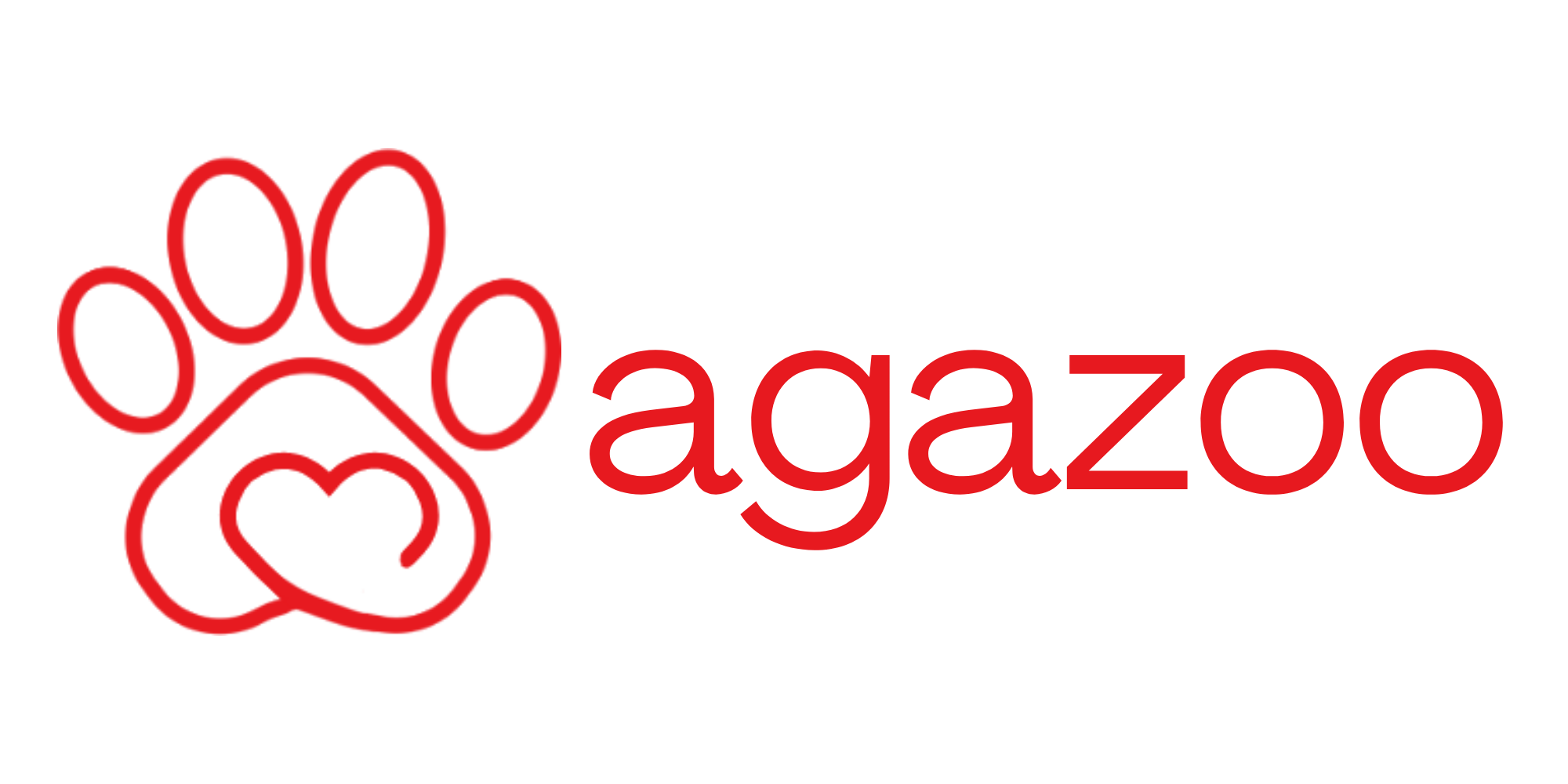- Dry food for dogs up to 15 months old, large breeds, dedicated to the Labrador Retriever breed, used to support the immune system, proper growth and healthy digestion. 12kg pack.
ROYAL CANIN Labrador Retriever Puppy 12kg - Product description
Dry food for puppies, adolescent and adult dogs up to 15 months of age, large breeds, dedicated to the Labrador Retriever breed.
Supporting the immune system - Growth is an important period in a dog's life is a time of great change, discovery and challenge. During this crucial period, the puppy's immune system gradually develops.
Labrador Retriever Puppy food promotes the dog's natural defence mechanisms thanks to a unique patented antioxidant complex containing vitamin E.
Healthy growth and correct body weight - The food ensures normal skeletal development in Labrador retriever puppies and promotes harmonious weight gain thanks to an adequate supply of energy, protein, calcium and phosphorus.
Healthy digestion - The nutrient combination of high-quality protein (L.I.P.) and prebiotics (FOS) supports the health of the digestive tract and the balance of intestinal bacterial flora to ensure adequate faecal quality.
Composition
- Rice
- Dried poultry protein
- Maize
- Plant protein isolate
- Maize gluten
- Animal fats
- Tydrolysate of animal protein
- Mineral salts
- Beet pulp
- Fish oil
- Vegetable fibre
- Soybean oil
- Fructooligosaccharides
- Psyllium husks and seeds
- Yeast extract (source of mannooligosaccharides)
- Shellfish hydrolysate (source of glucosamine)
- Borage oil
- Lycopene extract (source of lutein)
- Cartilage hydrolysate (source of chondroitin)
Composition analysis
- Crude protein 33%
- Crude oils and fats 14%
- Crude ash 7.3%
- Crude fibre 1.7%
Additives per kg
- Vitamin A 24300IU
- Vitamin D3 800IU
- E1 (Iron) 40mg
- E2 (iodine) 2.8mg
- E4 (copper) 2mg
- E5 (Manganese) 52mg
- E6 (Zinc) 198mg
- E8 (Selenium) 0.1mg
- Calcium 9.9g
- Phosphorus 8,3g
- Preservatives
- Antioxidants
Dosage
| Body weight of adult dog | 2 months | 3 month | 4 month | 5 month | 6 month | 7 month | 8 month | 9 month | 10 month | 11 month | 12 month | 13 month | 14 month | 15 month |
|---|---|---|---|---|---|---|---|---|---|---|---|---|---|---|
| 25 kg | 211g | 260g | 281g | 300g | 317g | 315g | 285g | 272g | 257g | 270g | 282g | 280g | 280g | Lab. Ad. |
| 26 kg | 213g | 263g | 285g | 307g | 326g | 324g | 302g | 298g | 289g | 277g | 290g | 288g | 288g | Lab. Ad. |
| 28 kg | 217g | 270g | 294g | 320g | 344g | 344g | 320g | 316g | 306g | 293g | 306g | 305g | 304g | Lab. Ad. |
| 30 kg | 221g | 277g | 302g | 333g | 362g | 363g | 338g | 334g | 322g | 309g | 323g | 322g | 321g | Lab. Re. |
| 32 kg | 225g | 284g | 310g | 346g | 380g | 381g | 354g | 351g | 339g | 325g | 340g | 338g | 336g | Lab. Ad. |
| 34 kg | 228g | 391g | 318g | 359g | 398g | 398g | 371g | 368g | 356g | 341g | 357g | 354g | 352g | Lab. Ad. |
| 35 kg | 230g | 294g | 322g | 366g | 407g | 407g | 379g | 376g | 364g | 349g | 365g | 363g | 360g | Lab. Ad. |
| 36 kg | 232g | 297g | 326g | 372g | 415g | 416g | 390g | 388g | 382g | 378g | 373g | 371g | 367g | Lab. Ad. |
| 38 kg | 236g | 304g | 334g | 385g | 432g | 433g | 406g | 404g | 398g | 394g | 389g | 386g | 383g | Lab. Re. |
| 40 kg | 240g | 311g | 342g | 399g | 449g | 450g | 422g | 420g | 415g | 411g | 405g | 402g | 398g | Lab. Ad. |
Additional information
To support the sensitive growth phase, Labrador retriever puppies require a special diet.
The diet should not only support healthy growth, but also - thanks to its moderate energy content - help the animal to maintain an optimal body weight. A strengthened immune system and balanced intestinal flora contribute to the overall well-being of the growing puppy.
The Labrador retriever is a unique and versatile dog, vigorous and graceful. It has a unique coat structure with a hydrophobic undercoat. However, the alkaline pH of its coat weakens the skin barrier.
Labradors often show a huge appetite while having relatively low energy requirements. Therefore, their natural tendency to overweight should be taken into account during feeding.
Labrador retriever dogs love physical activity, whether hunting, working or walking, they are a true element. Their joint cartilages act as 'shock absorbers' and are often subjected to heavy loads. As a result, they are at increased risk of developing arthrosis.








